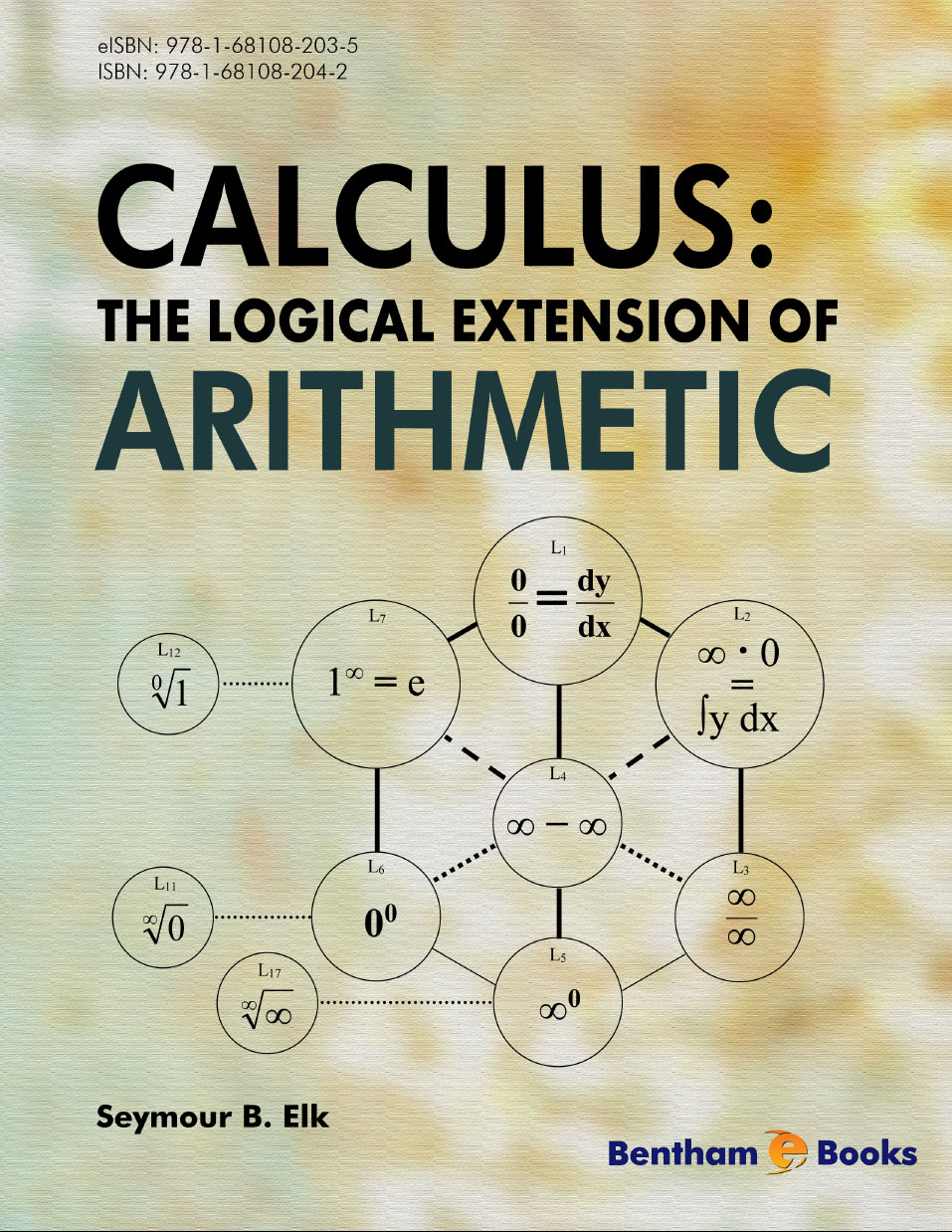Introduction
Digital or ‘virtual’ currencies pose significant challenges for government, financial and legal institutions because of their non-physical nature and their relative anonymity to physical currency. These attributes make this form of exchange extremely volatile and, at the same time, attractive to criminals. Many countries around the world have, therefore issued warnings against the use of digital currencies and have enacted laws to regulate and in some cases, restrict their use among members under their respective jurisdictions.
Calculus: The Logical Extension of Arithmetic
re-examines the calculus paradigm by expanding the set of ‘indeterminate forms’ espoused by l’Hôpital 320 years ago. Starting from the 54 possible binary combinations of the foundational numbers (zero, one and infinity), a replacement for the function theory formulated earlier by Newton and Leibniz, is presented. A logical extension of the three concepts of differentiation, integration and the Naperian base number e follows this introduction, which is interpreted as ‘zero divided by zero’, ‘infinity times zero’ and ‘one raised to the infinite power’, respectively. The concept that a number postulated as representing ‘nothing’ is reinforced a useful connection to calculus theory. This treatise proposes a ‘similar’ number to denote and quantify ‘all’, in order to understand the concept of infinity. Other topics covered in this text include analytical geometry, infinite sequences and infinite series.
Calculus: The Logical Extension of Arithmetic
is a useful reference on advanced calculus theory for mathematics students and researchers.

